What do you think?
Rate this book
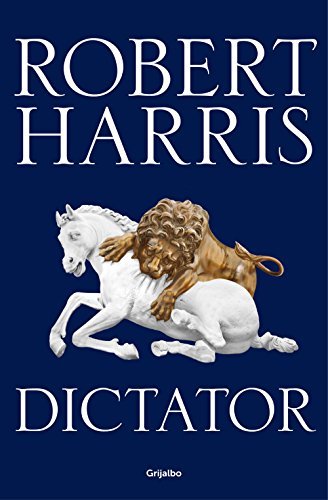

486 pages, Kindle Edition
First published October 8, 2015
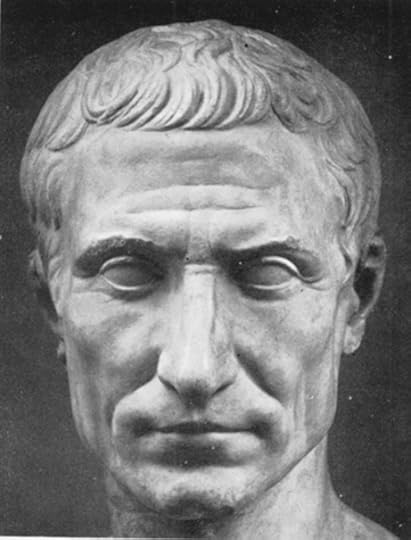
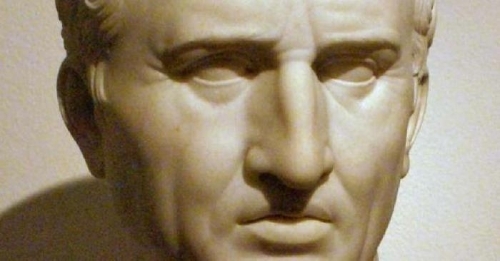
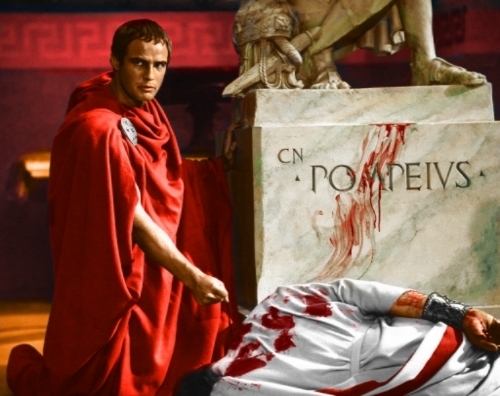

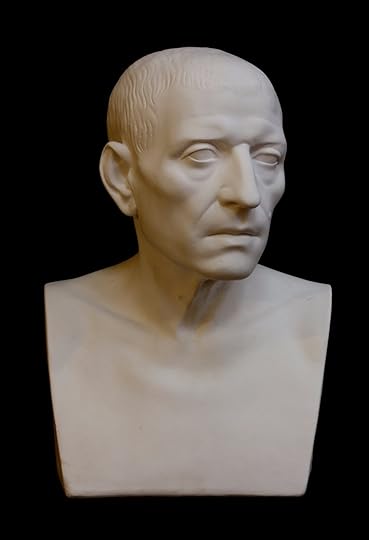
"To be ignorant of what occurred before you were born is to remain always a child. For what is the worth of human life, unless it is woven into the life of our ancestors by the records of history."So true, and yet, without Tiro's meticulous documentation we wouldn't know. At least, not as thoroughly.